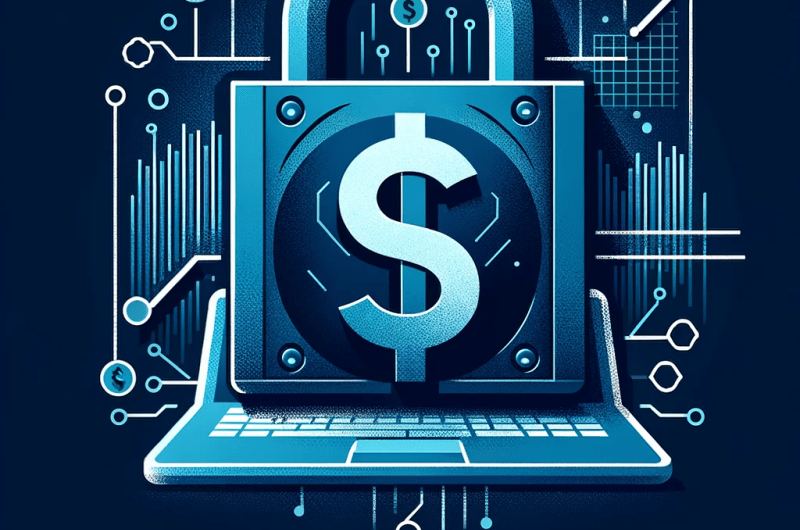In an era where data is as valuable as currency, the spotlight on data privacy and compliance has never been brighter. The introduction of stringent regulations such as GDPR in Europe and CCPA in California signals a global shift towards the protection of personal information.
This shift has made it imperative for organizations to invest proactively in compliance technology. By doing so, they are not simply adhering to laws but are also safeguarding their reputation and financial health.
This blog aims to dissect the financial logic behind such proactive measures and demonstrate the return on investment (ROI) that compliance technology can offer
The Cost of Non-Compliance
The stakes for non-compliance are sky-high. The GDPR, for instance, outlines penalties that can reach either €20 million or 4% of the annual global turnover, depending on which is greater, for breaches of its mandates.
The Ponemon Institute’s research underscores this, revealing that the cost of failing to comply with such regulations far exceeds the investment in maintaining compliance.
The case of British Airways’ £183 million fine, cited by the Information Commissioner’s Office, serves as a stark example of the financial risks associated with non-compliance.
Understanding Data Privacy and Compliance Technology
Data privacy and compliance technology, especially AI-powered solutions, are at the forefront of modernizing how organizations manage their compliance. These technologies streamline processes and offer advanced features such as predictive analytics, real-time data monitoring, and automated policy enforcement. They serve as a guardrail for organizations, ensuring that they stay within the bounds of complex and evolving data protection laws.
Quantifying the ROI of Compliance Technology
The ROI of investing in compliance technology is multifaceted. On one hand, it mitigates the risk of punitive fines and steep legal costs associated with non-compliance. On the other, it enhances operational efficiency by automating routine but often cumbersome compliance tasks, which McKinsey & Company estimates can result in a 30-40% cost reduction.
The IBM Cost of a Data Breach Report 2020 further illustrates that the average cost of a data breach stands at a staggering $3.86 million, a risk that can be substantially reduced through proactive compliance measures.
Enhancing Business Value Through Trust
Data privacy extends beyond legal compliance; it is a cornerstone of customer trust. Cisco’s research indicates that the majority of consumers are concerned about their data privacy and are willing to take action to protect it. By investing in privacy technology, businesses not only comply with legal requirements but also foster a sense of trust with their customers. This trust translates into tangible business benefits, such as improved customer retention and loyalty, which can have a direct impact on the bottom line.
Future-Proofing Your Business
Investment in compliance technology is an investment in the future. As regulations evolve, so too must the strategies and systems businesses use to comply with them. Technologies like Pyxos are engineered to adapt to new regulations, ensuring that businesses remain compliant and avoid future risks.
Investing in compliance technology is not merely a legal requirement; it’s a strategic business decision with significant ROI. It acts as a financial safeguard and provides a competitive advantage in the increasingly privacy-conscious market.
Business leaders are encouraged to reassess their current compliance strategies and explore the long-term financial advantages of integrating advanced compliance technology like Pyxos into their operations.
For a deeper understanding of how Pyxos can transform your compliance framework, visit our website to learn more or contact us for more information.



